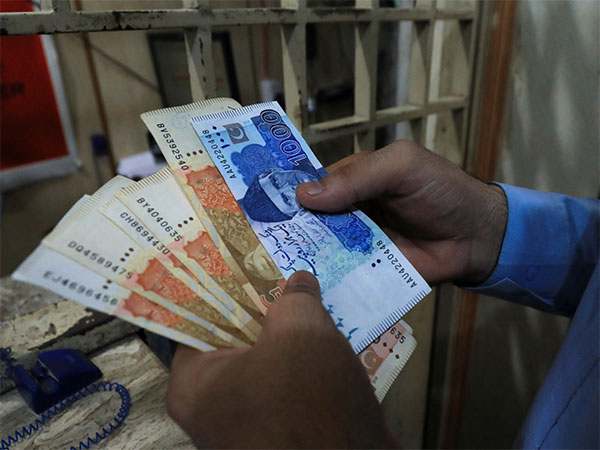
Karachi : The internal debt of the central government of Pakistan has increased by PKR 537 billion in July this year; according to experts, the situation reflects the steep rise in expenditure of the state machinery in Pakistan, Dawn reported on Friday.
Pakistan currently finds itself in a double-edged debt trap. The entire budget of the country goes into domestic and foreign debt servicing, which consumes its tax revenue, hence, the country is forced to rely on its internal borrowing for survival.
Moreover, details show that the country's total debt has risen to around PKR 69 trillion at the end of July, which was PKR 68.914 trillion in June, rising by PKR 690 billion within a month. In the previous financial year, the total debt of Pakistan had risen by PKR 7.827 trillion.
In July 2023, the country's total debt stood at PKR 61.777 trillion, which by the end of the year rose to PKR 69.604 trillion. For the year 2025, the government has yet again projected a borrowing estimate of PKR 9.3 trillion to bridge the revenue gaps and current expenditures, the Dawn News report claimed.
The report also claimed that the Pakistani government had borrowed a record amount of PKR 8.4 trillion from the country's domestic banking system in 2024. These loans were intended to support the financing of the fiscal deficit at an unprecedented interest rate of 22 per cent, which had overburdened the economy.
The Dawn news report, quoted the latest release from the State Bank of Pakistan issued on Thursday showing that Pakistan's domestic borrowing had risen to PKR 47.697 trillion which stood at PKR 47.160 tr at the end of July, an increase of PKR 537 bn.
Hence, heavy borrowing in the last 12 months will force the government to borrow more for debt servicing in FY25. However, domestic borrowing jumped from PKR 39.016tr in July 2023 to PKR 47.697tr, an increase of PKR 8.681tr.
The PKR 47.69 tr domestic debt is enough to consume the entire tax revenue from July. The PMLN-led central government currently struggles to meet external debt repayment to avoid a default on borrowed loans but is heavily taxing the domestic stakeholders.
This policy drastically of borrowing and heavy taxation slashes the development budget of Pakistan each year, causing low economic growth and unemployment, the same news report claimed.
Such aggressive government borrowings from the country's banking system are now increasing Pakistan's debt servicing, squeezing fiscal space for the private sector and forcing the reduction of business activities.